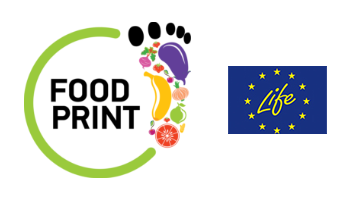In recent years, food waste has been one of the main topics of concern both on an EU and national level. However, even though efforts are made, the amount of waste generated is not decreasing resulting in negative effects on the environment, national economies and EU citizens. Annual waste generation from all economic activities in the EU amounts to 2.5 billion tons, or 5 tons per capita a year, and each citizen produces on average nearly half a ton of municipal waste. The decoupling of waste generation from economic growth will require considerable effort across the whole value chain and in every home. Globally, around a third of all food produced for human consumption (1.3bn tons) is lost or wasted (EC, Stop Food Waste,2019). Around 90m. tns/year of food waste on EU level, with estimated cost at around 140bn EUR. In EU, about 173kg/person
of food waste are generated annually with related costs estimated at 14bn euros (FUSIONS,2016).
Recent studies have revealed that per capita, Cyprus ranks third amongst EU member states in annual food waste with 327kg/person after Netherlands (541kg/person) and Belgium (345 kg/person) (EP, Food Waste infographic,2019). Food waste in Cyprus is mainly driven by consumers routinely buying more food than needed (48%). Another deficiency of the island is the lack of infrastructure for the separate collection and management of organic waste. Solid waste contributes around 14% of the Cyprus greenhouse gas emissions (National Plan for Energy % Climate 2021-2030).

